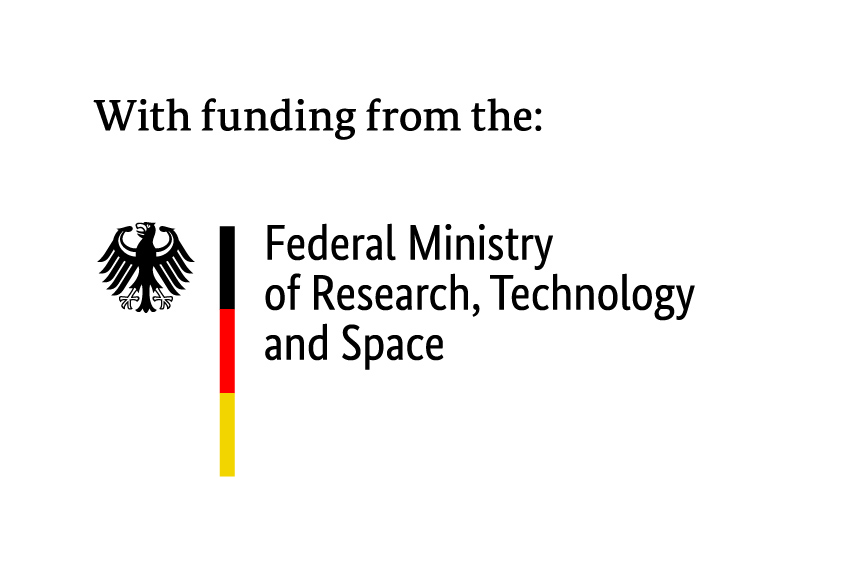Changes for page 2nd Workshop on Sustainability
Last modified by Angela Warkentin on 2025/07/16 15:13
From version 17.1
edited by Angela Warkentin
on 2025/03/11 09:33
on 2025/03/11 09:33
Change comment:
There is no comment for this version
To version 16.1
edited by Angela Warkentin
on 2025/03/11 09:32
on 2025/03/11 09:32
Change comment:
There is no comment for this version
Summary
-
Page properties (1 modified, 0 added, 0 removed)
Details
- Page properties
-
- Content
-
... ... @@ -227,17 +227,4 @@ 227 227 |(% rowspan="2" %)**Teaching & Science **|(% style="width:1011px" %) |(% style="width:222px" %) 228 228 |(% style="width:1011px" %) |(% style="width:222px" %) 229 229 230 - 231 - 232 - 233 -Consider: 234 - 235 -| |Distinctive Human Skills|How GenAI can supplement learning processes⁺ 236 -|Create|Engage in both creative and cognitive processes that leverage human lived experiences, social-emotional interactions, intuition, reflection, and judgment to formulate original solutions.|Support brainstorming processes; suggest a range of alternatives; enumerate potential drawbacks and advantages; describe successful real-world cases; create a tangible deliverable based on human inputs 237 -|Evaluate|Engage in metacognitive reflection; holistically appraise ethical consequences of alternative courses of action; identify significance or situate within a full historical or disciplinary context|Identify pros and cons of various courses of action; develop and check against evaluation rubrics 238 -|Analyze|Critically think and reason within the cognitive and affective domains; justify analysis in depth and with clarity|Compare and contrast data, infer trends and themes in a narrowly-defined context; compute; predict; interpret and relate to real-world problems, decisions, and choices 239 -|Apply|Operate, implement, conduct, execute, experiment, and test in the real world; apply human creativity and imagination to idea and solution development|Make use of a process, model, or method to solve a quantitative or qualitative inquiry; assist students in determining where they went wrong while solving a problem 240 -|Understand|Contextualize answers within emotional, moral, or ethical considerations; select relevant information; explain significance|Accurately describe a concept in different words; recognize a related example; translate to another language 241 -|Remember|Recall information in situations where technology is not readily accessible|Retrieve factual information; list possible answers; define a term; construct a basic chronology or timeline 242 - 243 243



